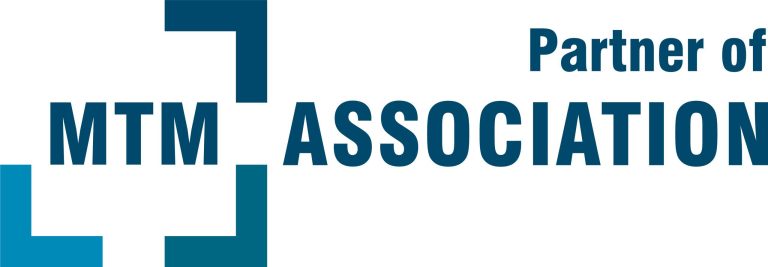Industrial Engineering, Work Study, Time Study
This is a discipline that provides answers to questions such as:
How quickly should management expect their staff to work?
How much time should staff be allowed to carry out these tasks?
How much time is wasted when staff are carrying out these tasks?
The answers to these and similar questions rely on the principles of Work Study, which are defined as:
“The systematic examination of activities in order to improve the effective use of human and other material resources.”
Despite the range of topics incorporated in Work Study, it is convenient to divide it into 2 sections:
Method Study
Method Study is also referred to as Process Improvement, Continuous Improvement, kaizen, Lean Management, and several other titles. The application of this subject is best carried out in a team-based culture within organisations that streamline their processes. However, anecdotal evidence suggests that improvement investigations are organised more effectively when the teams are facilitated or include participants who have succeeded in a course of formal training in the tools and techniques of Method Study. Following the basic steps of the discipline ensures that attempts to improve a company’s processes stay focused and become more productive.
The techniques include selecting the most appropriate flowcharting technique, creative thinking tools, cost-benefit analysis, layout planning and successful strategies for implementing improvements approved by management.
Work Measurement
Work Measurement (frequently referred to as “Time and Motion”) is usually the component of Work Study with which companies are the least familiar. The subject is applied to define the time that a fully qualified operator should be allowed to complete a defined task at a specified work rate.
An understanding of the principles of Work Measurement enables the trained practitioner to convert the time they observe a worker to carry out a task to the time value that the worker should take to complete this task. This time value is then further extended to take account of the need for relief, and for any delays and interruptions the worker may experience while carrying out the task.
An integral element in the practice of Work Measurement is the assessment of an operator’s pace. This skill, called Rating, can be acquired by repeated practice against benchmarks. The ability to rate a worker’s pace is essential in its contribution to assessing worker productivity, as well as its vital role in the development of a realistic target process time.
The application of Work Measurement can be carried out by a range of techniques:
- Time Study
– the actual recording of the time it takes the operator to carry out each element that comprises a defined task. The operator’s pace is rated during the timing of each element. Each rating figure is then combined with the relevant element time and other factors to produce the total process time. The element timings can be recorded using a stopwatch, or more recently, other sophisticated timing devices.
- Estimating
– the assessment of a process time based on experience of the task and/or knowledge of the process times for similar tasks. This technique is usually applied to processes of relatively low frequency, where a high degree of accuracy is not essential, or where no other technique can be applied.
- Work Logging
– a self–recording technique for staff who carry out a variety of tasks within their role.
- Activity Sampling
– a statistically – developed technique for tasks carried out by a team of operators. It is also used in Method Study to isolate sources of waste, and the percentage of time spent on various tasks. It is an essential tool for the Industrial Engineer.
- MTM
– as detailed throughout this website. Its application not only serves as a technique for determining process times but supports process improvement in optimising best practice, improving layout, supporting Lean Management and identifying waste.
Work Measurement process times not only inspire process improvement but is also used to contribute to accurate cost-benefit analysis. It also supports Method Study techniques such as times to be incorporated in flowcharts. In addition, the process times provide an accurate basis for productivity monitoring, resource planning (including line balancing), target times for appraisal, scheduling and capacity planning, activity-based costing and project planning. It is an essential tool to enhance the process of operational management.
The combination of an effective process improvement culture, led by experts trained in modern techniques of Method Study, with accomplished practitioners of the techniques of Work Measurement will inject a company with the essential skills to improve competitive edge and achieve world-class performance.
For more information on Work Measurement contact our partners at ReThink Productivity using the button below

